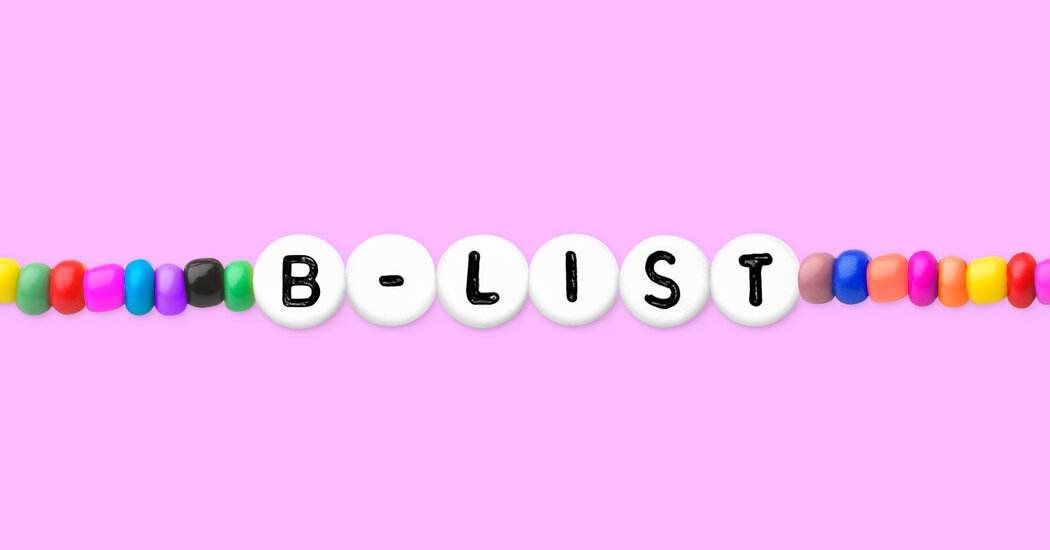Medium friends are genuine friends. You share history (such as the same alma mater), circumstances (an employer) or interests (rude jokes, the royals, thrifting or squash). Medium friends make you laugh, bring news, offer insights or expertise. But, unlike the closest friends, medium friends test the limits of your time, love and energy. There are only so many dinners in a week, so many people with whom you can be incessantly texting. Medium friends prove the lie in any naïve attempt to be all things to all people.
And that is the problem with medium friends, the invisible lines you draw around them without ever being explicit — to them or even, possibly, to yourself. Reciprocity is the foundation of every friendship: mutual sharing and caring in a context of trust. The tension embedded in medium friendship is this absence of clarity, allowing for the possibility of what Claude Fischer, a sociologist at the University of California, Berkeley, referred to in an interview as “asymmetric expectation”: You may like your medium friend less (or more) than they like you. With a lover, partner or a very close friend, you may negotiate imbalances, hash out wounds or betrayals. But somehow such conversations feel impossible in the medium realm.
The anxious silences around medium friendship are recognizable to anyone who has ever fibbed about the duration of a business trip to postpone a date in the calendar, and to anyone who has heard “I’ll call you” too many times. The stakes increase in crises or celebrations, when the lack of clarity — and any lopsidedness — reveals itself. In a personal emergency, the inner circle knows to rush in, while the acquaintances feel safe to commiserate from the sidelines. But the medium people orbit in a wobbly way, unsure of their obligations around how, when or even whether to act.
When a medium friend gets sick, do you offer to accompany her to an M.R.I., drop off a Bolognese sauce or do nothing at all? Where is the line between Bolognese and nothing? Does the medium friend belong at the deathbed, offering hugs? Or would a phone call do? I once observed myself become paralyzed at the terminal diagnosis of a medium friend; I loved her, but we had grown apart, and I had no idea how to appropriately assist or condole — to my everlasting regret.
R. handled the request from his friend in recovery by placing a weekly reminder on his calendar. When the alarm went off, he’d send her a text, checking in — although just as often he’d ignore it. R. saw that his discomfort with this medium friendship may have said more about him than it did about her. “I tried to examine my own sense of self-importance,” he said. “This person thinks I’m important, so I feel obliged.” Was his oversize role in her life a sign of her dependency or a figment of his ego? They had not discussed it, so he did not know.







